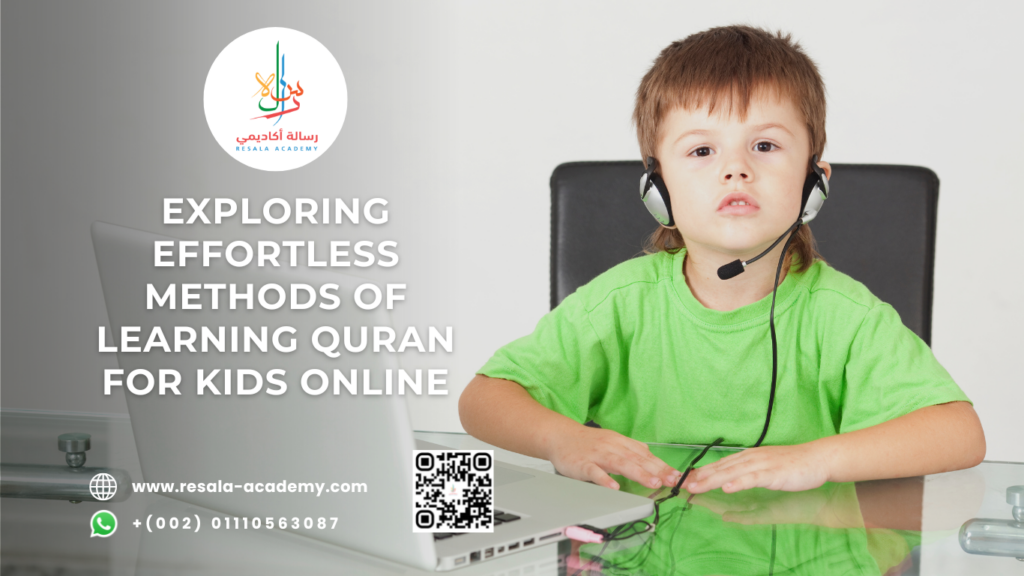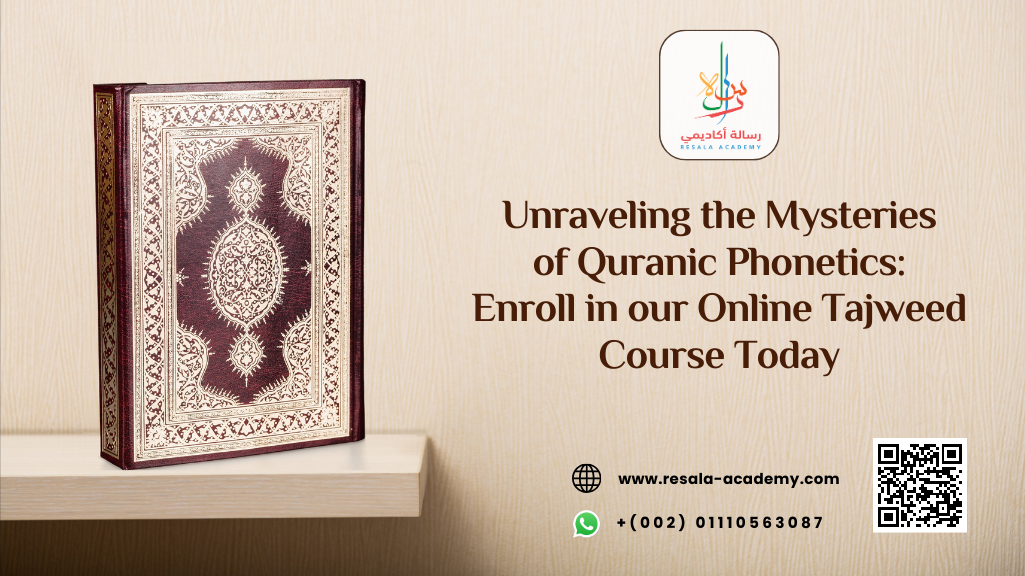Table of Contents
Arabic Made Easy: The Best Way to Learn to Speak Arabic for All Levels
Are you ready to embark on a journey to master one of the most captivating and widely spoken languages in the world? Learning Arabic can open up a whole new world of opportunities, from enhancing your travels to connecting with native speakers on a deeper level.
Whether you’re just starting or looking to brush up on your skills, finding the best way to learn to speak Arabic is essential for your language-learning success. In this blog post, we’ll explore effective strategies and resources that cater to all levels, making Arabic accessible and enjoyable for learners of every background. Let’s dive in!
The Immersion Approach in Learning Arabic
Immersing yourself in the Arabic language is a powerful way to fast-track your learning journey. Surrounding yourself with native speakers, authentic media, and cultural experiences can help you absorb the language naturally. By listening to Arabic music, watching films, and engaging in conversations with locals, you’ll not only improve your vocabulary but also enhance your pronunciation and comprehension skills.
Creating an immersive environment can be as simple as changing your phone or social media settings to Arabic. This constant exposure to the language will reinforce what you’re learning in formal lessons and boost your confidence in real-life situations. Additionally, participating in language exchange programs or joining Arabic-speaking communities online can provide valuable practice opportunities outside of traditional classroom settings.
Remember that consistency is key when adopting an immersion approach. Make a conscious effort to integrate Arabic into your daily routine and embrace every opportunity to engage with the language authentically.
Surrounding Yourself with Arabic Culture
Immerse yourself in the rich tapestry of Arabic culture to deepen your understanding and appreciation of the language.
Explore authentic Arabic cuisine by trying traditional dishes like falafel, hummus, and baklava. Visit local Middle Eastern restaurants or markets to experience the flavors and aromas firsthand.
Listen to Arabic music and watch films or TV shows in Arabic to familiarize yourself with the language’s intonation and expressions.
Engage with Arab art forms such as calligraphy, mosaics, and textiles to connect with the visual aspects of the culture.
Attend cultural events like festivals, exhibitions, or performances showcasing Arab traditions to gain insights into their customs and beliefs.
By immersing yourself in various facets of Arabic culture, you will not only enhance your language skills but also develop a deeper connection with its people and heritage.
Essential Vocabulary Knowledge and Resources
When learning Arabic, having a strong foundation in vocabulary is key to fluency. Start by focusing on common words and phrases used in everyday conversations. Learning greetings, numbers, colors, and basic verbs will help you communicate effectively.
Explore online resources like language-learning apps, flashcards, and websites that offer vocabulary lists tailored to different proficiency levels. These tools can provide interactive ways to practice and reinforce your knowledge.
Reading Arabic texts such as newspapers, books, or even social media posts can expose you to new words and expressions in context. Make a habit of jotting down unfamiliar words for later review.
Engage with native speakers or join language exchange groups where you can practice speaking and expand your vocabulary through real-life interactions. Immerse yourself in Arabic TV shows, music, and podcasts to further enhance your language skills while enjoying the culture.
The Importance of Choosing and Committing to a Dialect in Bullet Points
When learning Arabic, choosing and committing to a specific dialect is crucial. Here’s why:
– Dialects vary greatly across regions, so selecting one helps focus your learning efforts.
– Committing to a particular dialect allows you to immerse yourself more deeply in that specific culture and language nuances.
– Understanding a dialect enhances communication skills with native speakers from that region.
– Mastering one dialect first can make it easier to learn additional ones later on.
– Consistency in practicing a single dialect leads to quicker progress in speaking and comprehension.
By selecting and sticking with a dialect, you not only streamline your learning process but also develop a deeper understanding of the rich diversity within the Arabic language.
Mastering the Arabic Alphabet and Pronunciation
Mastering the Arabic alphabet and pronunciation is a crucial step in learning to speak Arabic fluently. The Arabic script consists of 28 letters, each with its unique shape and sound. Understanding how to write and pronounce these letters correctly is essential for effective communication.
To begin mastering the Arabic alphabet, start by familiarizing yourself with the shapes and sounds of each letter. Practice writing them out by hand to improve your recognition and recall skills. Pay close attention to any special characters or diacritics that may change the pronunciation of a letter.
When it comes to pronunciation, focus on mastering the guttural sounds that are distinct from Arabic. Practice making these sounds by listening carefully to native speakers or using online resources for guidance. Consistent practice is key in honing your pronunciation skills and developing a natural-sounding accent.
By dedicating time and effort to mastering the Arabic alphabet and pronunciation, you will build a strong foundation for further language learning success.
Tips for Efficiently Learning Arabic Vocabulary
To efficiently learn Arabic vocabulary, it’s important to create a study routine that includes daily practice. Dedicate specific time slots each day to focus on expanding your vocabulary. Utilize flashcards or language learning apps to help reinforce new words and their meanings.
Immerse yourself in the language by labeling items around your house in Arabic. This visual reinforcement can aid in retention and make everyday objects part of your learning process. Listen to Arabic music, watch movies, or follow social media accounts in Arabic to expose yourself to different contexts where new vocabulary is used.
Practice speaking with native speakers or language exchange partners to apply what you’ve learned in real conversations. This practical application helps solidify your understanding and recall of new words. Challenge yourself by setting small achievable goals for acquiring a certain number of new words each week as you progress on your language-learning journey.
Effective Language-Learning Strategies for Arabic
When it comes to learning Arabic effectively, consistency is key. Make a daily habit of practicing the language, whether through vocabulary drills, listening to Arabic music, or watching films with subtitles.
Immersing yourself in the language by practicing speaking with native speakers or finding a language exchange partner can greatly improve your fluency and confidence.
Utilize technology like language-learning apps and online resources tailored for learning Arabic. These tools can provide interactive exercises to help reinforce your understanding of grammar rules and vocabulary.
Set specific goals for your Arabic learning journey, such as mastering a certain number of new words each week or holding conversations entirely in Arabic for a set amount of time each day.
Don’t be afraid to make mistakes – they are all part of the learning process. Embrace challenges as opportunities to grow and improve your skills in speaking Arabic.
Overcoming Challenges and Building Confidence in Speaking Arabic
Overcoming challenges while learning to speak Arabic can be a common hurdle for many language learners. One of the key ways to build confidence is by practicing regularly with native speakers or language exchange partners. Engaging in conversations, even if simple at first, can help you overcome the fear of making mistakes and boost your speaking skills.
Another challenge is understanding the various dialects spoken across different Arabic-speaking countries. By focusing on one specific dialect that aligns with your goals, whether it’s Modern Standard Arabic for formal settings or a regional dialect for everyday communication, you can make significant progress in mastering the language.
Consistency is crucial when facing obstacles in learning Arabic. Setting aside dedicated time each day to practice speaking, listening, and reading will gradually improve your proficiency and help you gain confidence in expressing yourself fluently. Remember that persistence and patience are key components in overcoming challenges on your journey to becoming proficient in speaking Arabic.
Enrolling in The Best Way to Learn to Speak Arabic for All Levels at Resala Academy
If you’re looking for the best way to learn Arabic at all levels, Resala Academy offers a comprehensive program tailored to meet your language-learning needs. With experienced instructors and a proven curriculum, Resala Academy provides a supportive environment for students of all proficiency levels.
Enrolling in their Arabic language courses will give you access to structured lessons that cover grammar, vocabulary, pronunciation, and cultural aspects of the language. Whether you’re a beginner starting from scratch or an advanced learner aiming to enhance your skills, Resala Academy has courses designed to help you achieve your linguistic goals.
By enrolling at Resala Academy, you’ll have the opportunity to immerse yourself in Arabic through interactive activities, group discussions, and real-life scenarios. This immersive approach can significantly boost your learning progress and confidence in speaking Arabic fluently.
Don’t hesitate to leap into mastering the Arabic language by enrolling at Resala Academy today!
FAQs
Q: How do I choose the right Arabic dialect to learn?
A: Consider your goals and interests. Egyptian Arabic is widely understood due to media influence, while Levantine or Gulf Arabic might be more beneficial for certain regions.
Q: Is it necessary to master the Arabic alphabet before speaking?
A: While learning the alphabet can aid in pronunciation and comprehension, it’s not a strict requirement. Focus on basic vocabulary and phrases first.
Q: What resources can I use to practice speaking Arabic?
A: Online platforms like Resala Academy offer interactive courses with native-speaking instructors, providing valuable practice opportunities.
Conclusion
Learning to speak Arabic can be a rewarding and fulfilling journey. By immersing yourself in the language and culture, committing to a specific dialect, mastering the alphabet and pronunciation, utilizing effective vocabulary learning strategies, and enrolling in tailored courses like Resala Academy’s program for all levels, you can make significant progress in your Arabic proficiency.
Remember that perseverance, consistency, and dedication are key when embarking on this language-learning adventure. Overcoming challenges may arise along the way, but with determination and practice, you can build confidence in speaking Arabic fluently.
So whether you’re a beginner or looking to enhance your existing skills, trust the process and enjoy the rich experience of delving into one of the world’s most beautiful languages. Start your journey today towards becoming proficient in speaking Arabic with passion and commitment!




